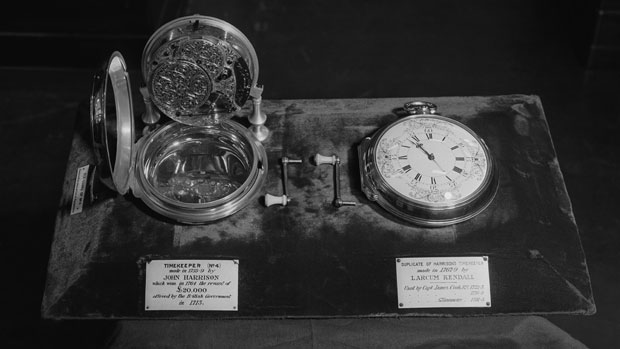Five-minute neck scan ��could predict dementia’
Scan shows whether the brain's blood vessels are protecting it from the strong pulse of the heart

A free daily email with the biggest news stories of the day – and the best features from TheWeek.com
You are now subscribed
Your newsletter sign-up was successful
A five-minute neck scan could be used to spot people at risk of dementia before symptoms appear, according to new scientific research.
If confirmed in larger studies, the scan - which predicts cognitive decline 10 years before symptoms appear - “could become part of routine screening for people at risk of developing dementia”, says The London Evening Standard.
The research, which is being presented at the American Heart Association Scientific Sessions conference in Chicago, was led by University College London (UCL).
The Week
Escape your echo chamber. Get the facts behind the news, plus analysis from multiple perspectives.

Sign up for The Week's Free Newsletters
From our morning news briefing to a weekly Good News Newsletter, get the best of The Week delivered directly to your inbox.
From our morning news briefing to a weekly Good News Newsletter, get the best of The Week delivered directly to your inbox.
The scientists used ultrasound scanners to look at blood vessels in the necks of more than 3,000 people and monitored them over the next 15 years.
The scan identifies “whether the vessels in the neck are stiffening, diminishing their ability to protect more delicate vessels around the body from the powerful physical pulses of blood generated by the heart”, says Sky News.
The study found those with the highest intensity pulse (the top quarter of participants) at the beginning of the study “were about 50% more likely to show accelerated cognitive decline over the next decade compared with the rest of the participants”, the study found.
Researchers said “this was the equivalent of about an extra one to one-and-half years of decline”, according to the BBC.
A free daily email with the biggest news stories of the day – and the best features from TheWeek.com
Cognitive decline “is often one of the first signs of dementia, but not everyone who experiences it will go on to develop the condition”, the broadcaster adds.
Professor Metin Avkiran, associate medical director at the British Heart Foundation, which co-funded the research, said: “This test may provide a new way to identify people at risk of cognitive decline long before they display any noticeable symptoms.”
“What we need now is further research, for example to understand whether lifestyle changes and medicines that reduce pulse wave intensity also delay cognitive decline.”
-
 5 blacked out cartoons about the Epstein file redactions
5 blacked out cartoons about the Epstein file redactionsCartoons Artists take on hidden identities, a censored presidential seal, and more
-
 How Democrats are turning DOJ lemons into partisan lemonade
How Democrats are turning DOJ lemons into partisan lemonadeTODAY’S BIG QUESTION As the Trump administration continues to try — and fail — at indicting its political enemies, Democratic lawmakers have begun seizing the moment for themselves
-
 ICE’s new targets post-Minnesota retreat
ICE’s new targets post-Minnesota retreatIn the Spotlight Several cities are reportedly on ICE’s list for immigration crackdowns
-
 Neurotechnology: how does new mind-reading technology work?
Neurotechnology: how does new mind-reading technology work?feature Developments in AI are turning thoughts into words but privacy fears are growing
-
 £10m Longitude Prize: will it solve world's greatest challenges?
£10m Longitude Prize: will it solve world's greatest challenges?In Depth New Longitude Prize aims to beat dementia, paralysis, climate change or global food shortages